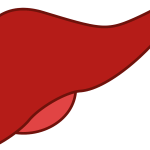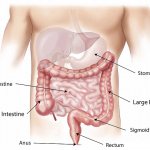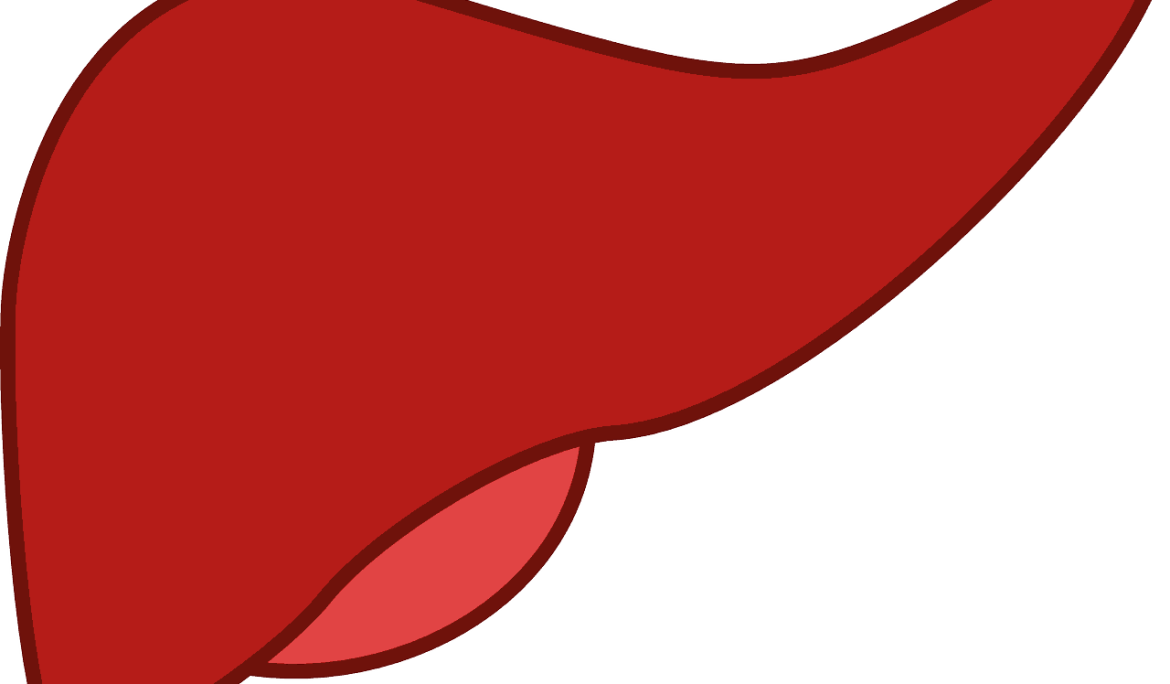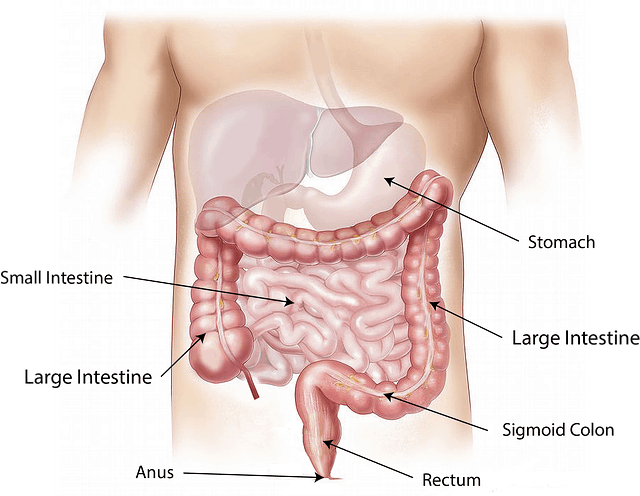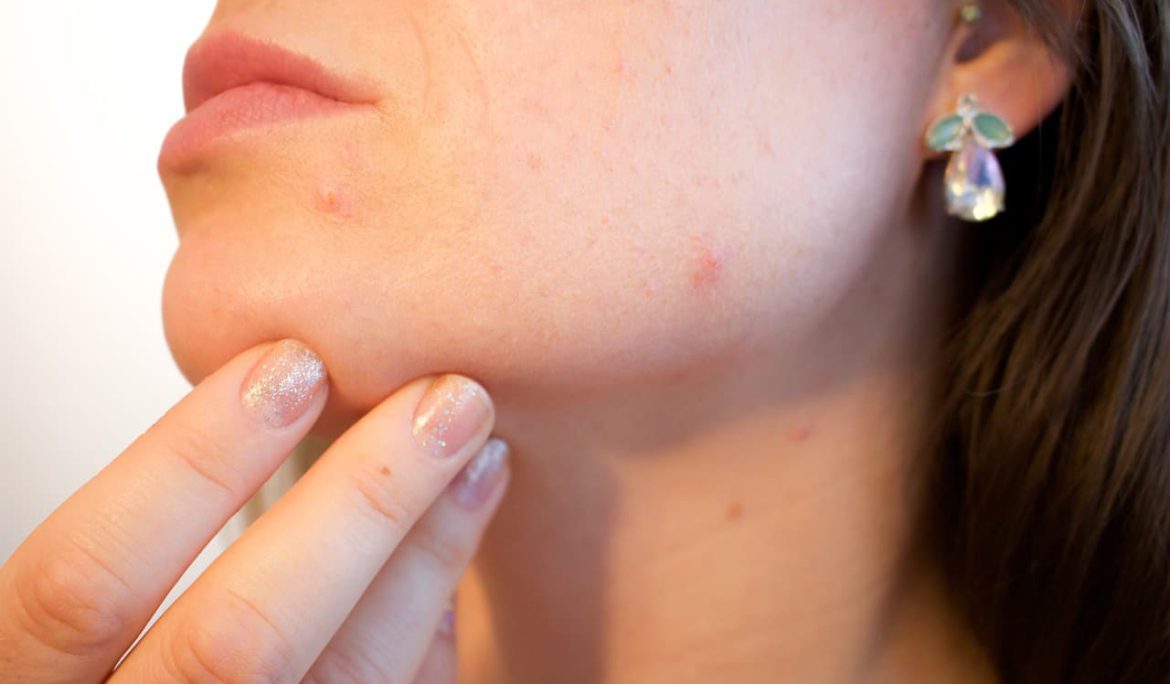Depression is a mood disorder that causes a persistent feeling of sadness and loss of interest. Also called major depression disorder or clinical depression, it affects how you feel, think and behave and can lead to a variety of emotional and physical problems. You may have trouble doing normal day-to-day activities and sometimes you may feel as if life isn’t worth living.
It’s not known exactly what causes depression. As with many mental disorders, a variety of factors may be involved such as, people with depression appear to have physical changes in their brains. Change in the function and effect of the neuro transmitters involved in maintaining mood stability may play a significant role in depression. Changes in the body’s balance of hormones may be involved in causing or triggering depression. Depression is more common in people whose blood relative also have this condition.
Factors that seems to increase the risk of developing or triggering depression include, low self-esteem, being too dependent, self-critical or pessimistic. Traumatic or stressful events, such as physical or sexual abuse, the death or loss of a loved one, difficult relationship or financial problems. History of other mental health disorders, such as anxiety disorder, eating disorders or post-traumatic stress disorder. Abuse of alcohol or recreational drugs. Serious chronic disorder such as cancer, stroke, chronic pain or heart disease.
Although depression may occur only once during life, people typically have multiple episodes. During these episodes, symptoms occur most of the day nearly every day and may include feeling of sadness, tearfulness, emptiness or hopelessness. Angry outburst, irritability or frustration, ever over small matters. Loss of interest or pleasure in most or a normal activity, such as sex, hobbies or sports/ sleep disturbances including insomnia or sleeping too much. Tiredness and lack of energy, so even small task take extra effort. Reduced appetite and weight loss or increased, craving for food and weight gain. Anxiety, agitation and restlessness. Slowed thinking, speaking or body movements. Feelings of worthlessness or guilt, fixating on past failures or self-blame. Trouble thinking, concentrating, making decisions and remembering things. Frequent or recurrent thoughts of death, suicidal thoughts, suicide attempts or suicide. Unexplained physical problems, such as back pain or headache.
Your doctor may determine a diagnosis of depression based on physical exam and ask questions about your health. Lab test such as thyroid function test is done because a malfunctioning thyroid is linked to depression. Psychiatric evaluation of your symptoms, thought, feelings and behavior patterns are also very helpful in ascertaining the diagnosis.
Medication and psychotherapy are effective for most people with depression. Your primary care doctor or psychiatrist can prescribe medications to relieve symptoms. However, many people with depression also benefit from seeing a psychiatrist, psychologist or other mental health professional if you have severe depression, you may need a hospital stay or you may need to participate in an outpatient treatment program until your symptoms improve.
Depression is a serious disorder that can take a terrible toll on you and your family. Depression often get worse if it isn’t treated, resulting in emotional, behavioral and health problems that affect every area of your life, including excess weight gain or obesity, which can lead to heart disease and diabetes, pain or physical illness. Alcohol or drug misuse, anxiety, panic disorder or social phobia, family conflicts, relationship difficulties, and work or school problems, social isolation. Suicidal feelings, suicide attempts or suicide. Self-mutilation, such as cutting.
There is no sure way to prevent depression, however one can undertake some strategies that has proven to be helpful. Take steps to control stress, to increase your resilience and boost your self-esteem. Reach out to family and friends especially in time of crisis, to help you weather rough spells. Get treated at earliest sign of a problem to help prevent depression from worsening. Consider getting long-term maintenance treatment to help prevent a replace of symptoms.
If you feel depressed, make an appointment to see your doctor or mental health professional as soon as you can. If you’re reluctant to seek treatment, talk to a friend or loved one, any health care professional, a faith leader or someone else you trust. Dr. Makemba Shayela Nelson – MBChB – University of Kwazulu-Natal, Durban, South Africa. Nesha Medical Practice.






